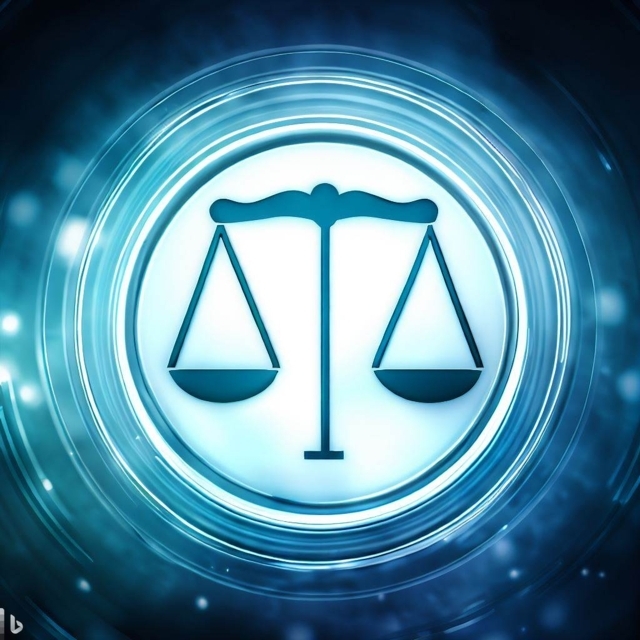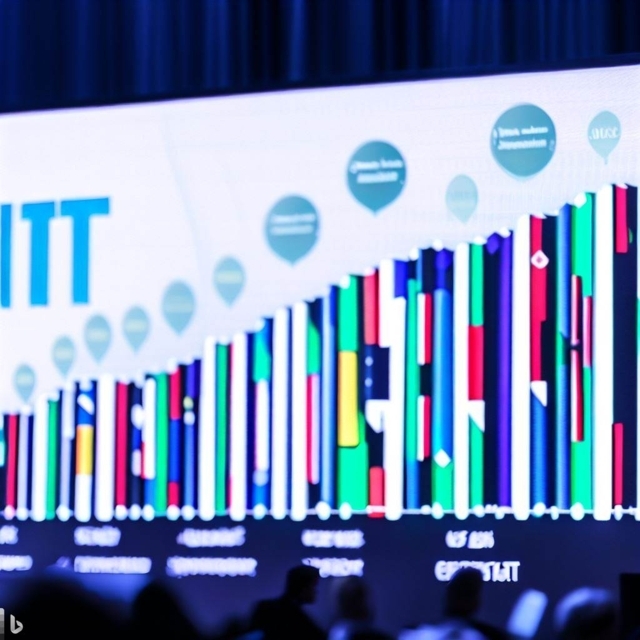In the heart of the global struggle for transparency and accountability in the extractive industries, there exists a remarkable initiative known as the Extractive Industries Transparency Initiative, or EITI. Established in 2003, this pioneering effort has carved out a unique niche in the world of resource governance, bridging the divide between academic concepts and real-world applications. This post delves into the profound journey of EITI, exploring its origins, principles, impacts, and the enduring quest for accountability in the extractive sector.
Inception and the Call for Transparency
Our story begins with a simple yet revolutionary idea: the need for transparency in the extractive industries. At the turn of the 21st century, the world recognized the urgent need to tackle the “resource curse” – a paradox where resource-rich countries often languished in poverty and corruption. It was in this backdrop that EITI was born, aiming to shed light on the dark corners of resource wealth and transform the fortunes of nations blessed with bountiful natural resources.
The brainchild of then-UK Prime Minister Tony Blair, EITI’s inception was based on the belief that transparency could be a powerful antidote to corruption and mismanagement in resource-rich countries. Blair’s vision was to create a platform where governments, companies, and civil society could collaborate to ensure that revenues from extractive industries were used for the benefit of all citizens.
Principles of EITI
EITI’s journey was founded on a set of core principles that continue to shape its mission. These principles, akin to the guiding stars in a celestial navigation, provided the framework for transparency and accountability:
1. Openness and Accountability: EITI obliges countries to disclose all payments made by extractive companies and all revenues received by governments.
2. Civil Society Participation: In the spirit of inclusivity, civil society organizations play an active role in monitoring and reporting on the industry’s financial flows.
3. Multi-Stakeholder Approach: EITI’s hallmark is its tripartite partnership involving governments, extractive companies, and civil society, each with equal decision-making power.
4. Data Disaggregation: EITI promotes the disaggregation of data to a granular level, allowing for better analysis of resource revenues and their impact.
5. Progressive Disclosure: EITI encourages countries to move beyond the mere disclosure of payments and revenues to examine the broader context of governance and resource management.
EITI in Action
EITI is not a mere theoretical construct but a practical tool that has changed the landscape of resource governance worldwide. Its impact is felt on both the national and international fronts.
Nigeria’s Success Story: Nigeria, one of Africa’s largest oil producers, offers a compelling case study. Prior to EITI implementation, the country faced allegations of revenue mismanagement and corruption. EITI forced a paradigm shift, leading to increased transparency and accountability. Today, Nigeria’s EITI process has become a model for others, contributing to improved governance and social development.
Global Recognition: EITI’s influence extends far beyond individual countries. It has garnered widespread recognition and support, with over 50 countries adopting its principles. International financial institutions like the World Bank and the IMF now consider EITI compliance when providing loans and aid, further incentivizing nations to embrace transparency.
Challenges and the Road Ahead
EITI’s journey has not been without hurdles. Challenges include the reluctance of some countries and companies to fully embrace transparency, issues related to the quality and timeliness of reporting, and the need for greater involvement of sub-national governments.
However, EITI remains steadfast in its commitment to address these challenges. The initiative continues to evolve, adapting to the changing landscape of the extractive industries. Recent efforts focus on enhancing beneficial ownership transparency, fighting against corruption and tax evasion, and aligning with global sustainability goals.
Conclusion
The Extractive Industries Transparency Initiative stands as a beacon of hope in a world where the exploitation of natural resources has too often been synonymous with corruption and inequality. With its principles deeply rooted in accountability, transparency, and inclusivity, EITI serves as a testament to the power of collaboration between governments, corporations, and civil society in driving positive change.
As we look ahead, EITI’s journey is far from over. Its impact will continue to reverberate across nations, transforming the way we view and manage our natural wealth. It is a reminder that, in the quest for a fairer and more equitable world, transparency remains an essential tool, illuminating the path towards a brighter future for all.
References
– EITI (2021). Extractive Industries Transparency Initiative. Retrieved from https://eiti.org/
– EITI (2021). EITI Principles. Retrieved from https://eiti.org/documents/eiti-principles
– EITI (2021). Progress Report 2020: Implementing EITI in a changing world. Retrieved from https://eiti.org/documents/eiti-progress-report-2020
Tags
Divi Meetup 2019, San Francisco
Related Articles
Unappreciated Greatness
Life and Legacy of Jahangir of the Mughal Empire. Jahangir ruled over one of the largest empires in human history during his lifetime, yet few people outside of South Asia have heard of him. I aim to shed light on the life and legacy of this remarkable figure,...
The Plague Doctor’s Diary
A Personal Account of the Turin Epidemic of 1656. I am writing this diary to record my experiences and observations as a plague doctor in Turin, the capital of the Duchy of Savoy, during the terrible epidemic that has afflicted this city and its surroundings since the...
The Timeless Beauty of Bustan
Unveiling the Secrets of Saadi Shirazi's Masterpiece.In the realm of Persian literature, few works have captured the essence of love, spirituality, and morality quite like Bustan (The Orchard) by Saadi Shirazi. This 13th-century masterpiece has left a lasting impact...
Stay Up to Date With The Latest News & Updates
Explore
Browse your topics of interest using our keyword list.
Join Our Newsletter
Sign-up to get an overview of our recent articles handpicked by our editors.
Follow Us
Follow our social media accounts to get instant notifications about our newly published articles.









